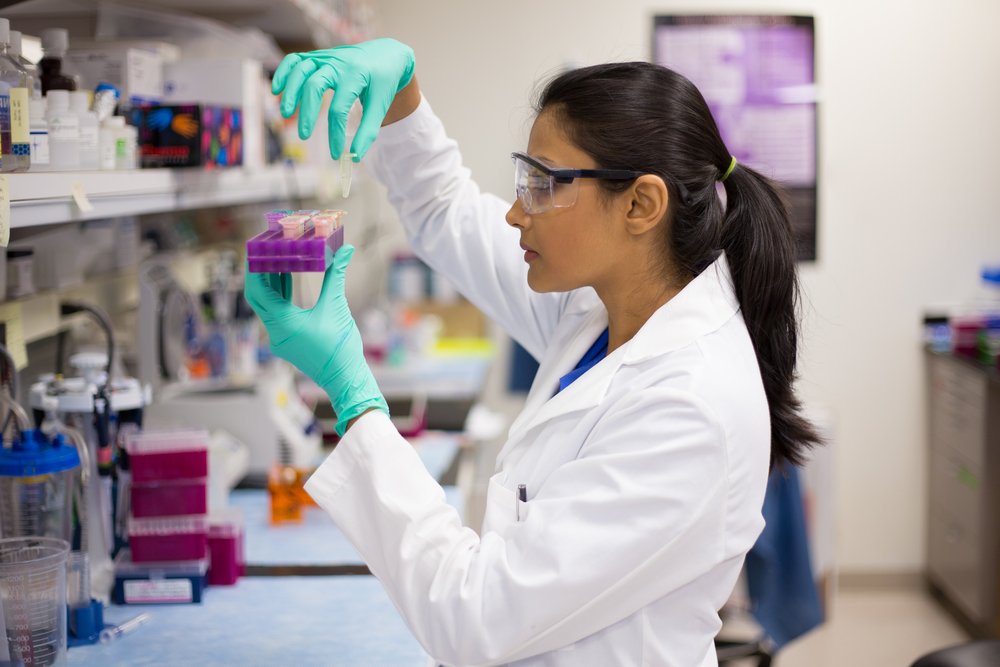Australian Receives NHMRC Award for Genomic Research on Ankylosing Spondylitis
Written by |

The National Health and Medical Research Council (NHMRC) in Australia awarded five researchers at the University of Queensland for their work in several medical fields. One of the awardees, professor David Evans, PhD, received the NHMRC’s Marshall and Warren Award for his research on the mechanisms underlying the development of ankylosing spondylitis.
The Marshall and Warren award (named after two Australian Nobel laureates) is given to the applicant with the most highly innovative and potentially transformative project grant application.
Evan’s team is focused on finding new genetic biomarkers for ankylosing spondylitis, and in the development of novel treatments based on their findings.
“Our three-year project involves finding combinations of genes that are related to levels of blood-based biomarkers, and then seeing if these genes are also related to risk of ankylosing spondylitis,” Evans said in a press release.
“If treatments were available to modify the levels of these causal biomarkers, then at least in theory the symptoms of AS [ankylosing spondylitis] could be treated, or perhaps even the disease itself prevented.” Evans added.
Robyn Ward, PhD, deputy vice-chancellor (Research) at the University of Queensland, highlighted that Evan’s team project is potentially transformative.
“Professor Evans’s project embodies what [University of Queensland]’s research is about – making a difference to health outcomes.” Ward said.
Ankylosing spondylitis is a form of arthritis that mainly affects the spine, but also can involve other joints, such as shoulders, hips, ribs, heels, and small joints of the hands and feet. The condition is marked by the occurrence of inflammation in the vertebrae, which can be associated with severe, persistent pain and discomfort. These symptoms negatively impact the patient’s quality of life and lifespan.
According to the Spondylitis Association of America, there is no cure for ankylosing spondylitis, but certain treatments and medications can reduce the symptoms of the disease and help patients manage their pain, including corticosteroids, TNF inhibitors, and other agents.
Exercise, physical therapy, and good posture practices also may be beneficial to patients, as well heat/cold applications to help relax muscles and reduce joint pain. In more severe cases, patients may require posture-correcting surgery.
The other awarded research projects by NHMRC are focused on inflammatory arthritis, tissue regeneration, skin cancer, and infectious diseases.





